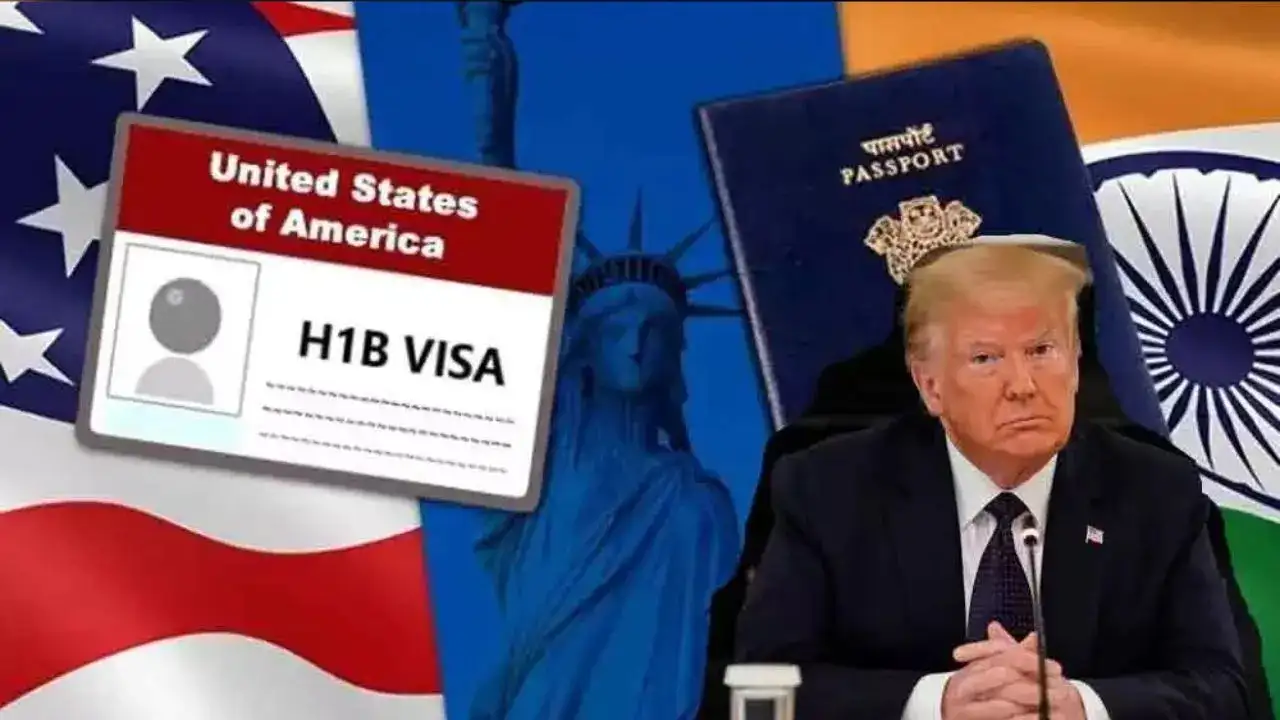Washington, D.C. — The Trump administration is preparing to defend its new H-1B visa policy in court amid growing backlash from industry groups, unions, and educational institutions.
The policy, which imposes a $100,000 annual fee on new visa applicants, has drawn multiple lawsuits in federal courts in California and Washington, D.C., challenging its legality under U.S. immigration law.
White House Press Secretary Karoline Leavitt said Thursday that the measure is meant to “prioritize American workers and curb fraud” in the system.
“The administration will fight these lawsuits in court,” she told reporters, emphasizing that the president’s “main priority has always been to put American workers first and strengthen our visa system.”
FCRF Launches CCLP Program to Train India’s Next Generation of Cyber Law Practitioners
A Policy Born of Protectionism
The H-1B visa program, designed to allow U.S. companies to hire skilled foreign professionals, particularly in the technology and engineering sectors, has long been a political flashpoint.
For decades, successive administrations have debated how to balance domestic job protection with the demands of a globalized economy.
Supporters of the Trump administration’s move say it responds to years of abuse within the system. “For far too long, the H-1B visa system has been spammed with fraud, and that’s driven down American wages,” Leavitt said. “These actions are lawful, they are necessary, and we’ll continue to fight this battle in court.”
However, business leaders and policy experts say the sweeping fee represents an unprecedented escalation in U.S. visa costs and could have far-reaching economic implications.
Business Community Pushes Back
The U.S. Chamber of Commerce, which has filed one of the leading lawsuits against the new rule, called the fee “arbitrary, capricious, and unlawful.”
“The $100,000 visa fee will make it cost-prohibitive for U.S. employers—especially start-ups and small and midsize businesses—to access global talent,” said Neil Bradley, the Chamber’s Executive Vice President and Chief Policy Officer.
Bradley noted that the H-1B program was explicitly created by Congress to help U.S. businesses attract high-skilled workers from abroad. “This move undercuts American competitiveness,” he said, warning that major technology companies such as Amazon, Microsoft, and Google could be forced to scale back their participation in the program.
Unions and advocacy groups, meanwhile, have joined the lawsuits, arguing that the administration overstepped its legal authority.
The complaints claim that the new rule violates the Immigration and Nationality Act, which requires that visa fees reflect actual government processing costs—not punitive surcharges designed to reshape the labor market.
Impact on Global Workforce and Indian IT Sector
The policy is expected to disproportionately affect Indian IT professionals, who make up the largest group of H-1B visa recipients.
Industry analysts say the fee, combined with existing processing costs, could effectively price out many mid-level applicants and deter companies from sponsoring foreign employees.
“This measure risks freezing out skilled international talent at a time when U.S. firms need it most,” said a senior immigration attorney in New York.
For Indian outsourcing giants and U.S. tech firms that rely on global talent pipelines, the new costs could total millions annually.
Even as the White House insists the reform is necessary to protect domestic labor, economists warn that the move could slow innovation and reduce America’s competitive edge in emerging technologies.
The Legal Path Ahead
Legal experts say the coming months will determine whether the new visa fee survives judicial scrutiny. The Chamber’s filing argues that the administration’s rule overrides statutory limits and imposes costs “far beyond what Congress ever authorized.”
With cases now pending across multiple federal courts, the battle over the H-1B program has become a defining test of how far executive authority can go in reshaping immigration policy.
For thousands of skilled workers and employers watching from both sides of the Pacific, the verdict could decide not just the fate of a visa—but the future of global mobility in America’s innovation economy.



